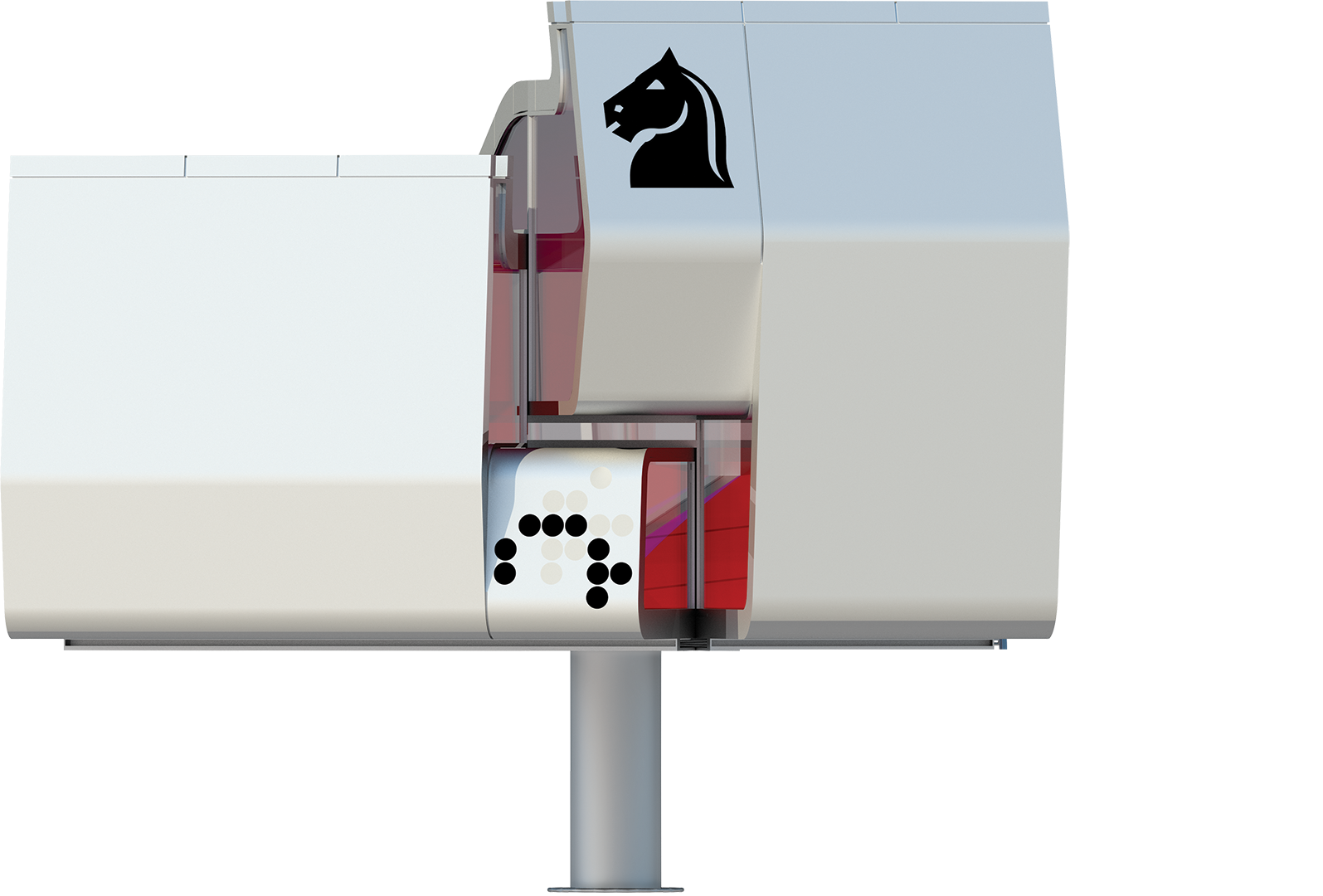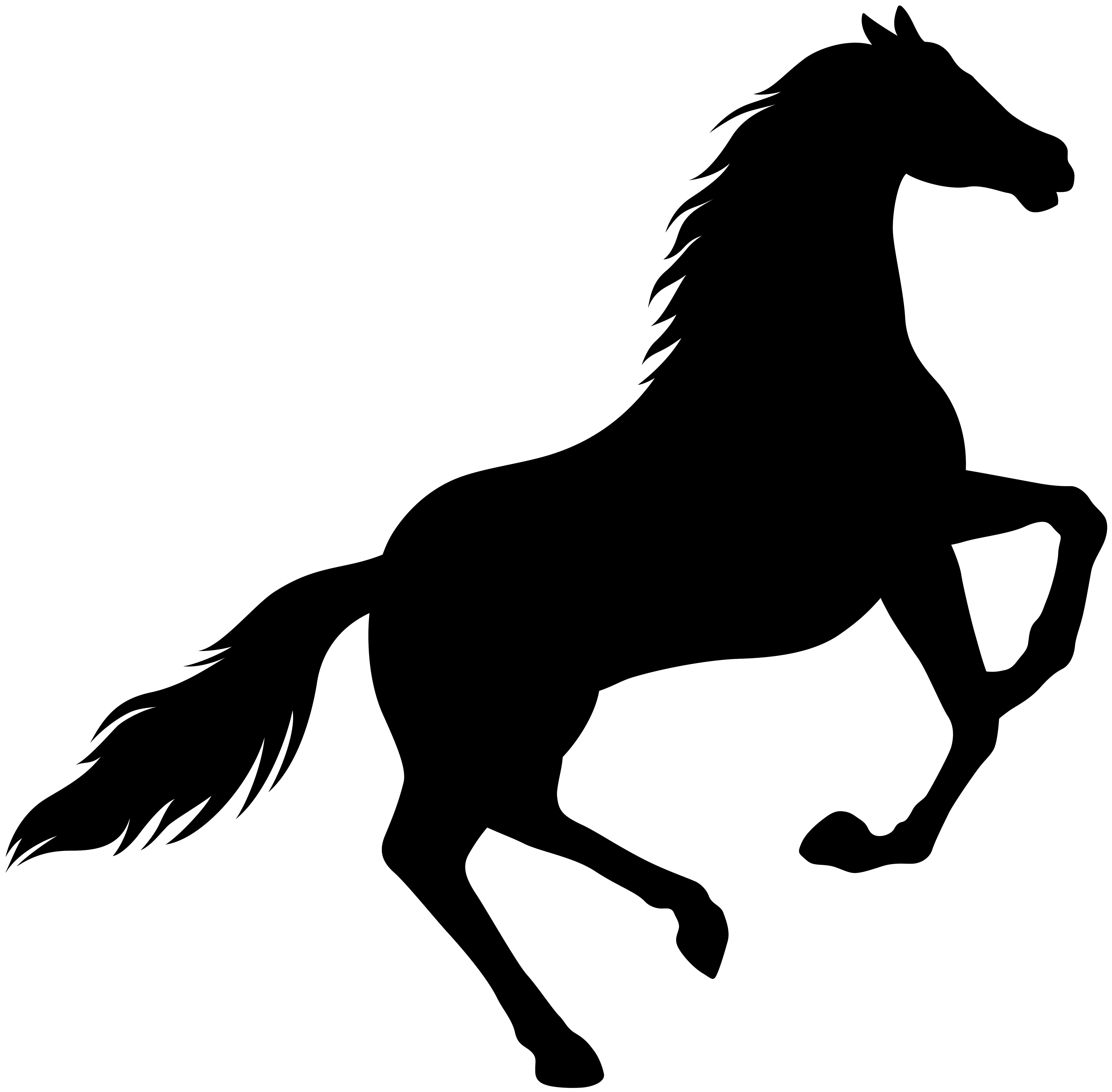Chess & Go / 2000
Avignon, France




Site: Abandonded Power Plant, Avignon, France
Program: Exhibition Structure on the theme Chess VS. Go
Size: 50 Square Meters
Curator: Jean de Loisy
Research: Caroline Naphegyi
Status: Unbuilt
Original 2000 Text: Europe’s largest millenium exhibition, La Beaute’ in
Avignon, was the site for this entrance pavilion. NMDA was one
of four offices invited to participate in this sprawling festival of work
whose theme was that of beauty. The subject matter for our project was a
comparative look at the aesthetics and strategies of the games of Chess and Go.
For almost two centuries, Chess has been a measure, a kind of litmus test, of both human and machine intelligence. As early as 1833, when Charles Babbage concieved his Analytical Engine, he thought if it could be built, that it would be able to play Chess. And again in 1949, Claude Shannon, the great information theorist, analyzed Chess as a diagram of the complexity of life. Clearly, the issue of thinking machines, from automatons, to HAL in Kubrick’s 2001, to Kasparov’s matches with Deep(er) Blue in 1996 and 1997 has sponsored a new arrangement of knowledge between technology and media. While Go, the most ancient of strategic games, played for thousands of years in Asia, has not been used to determine levels of intelligence in the West, its own sense of logic as strategy and as aesthetic can be easily compared to Chess. Indeed, they apprear to be both similar and diametrically opposed at the same time. Both are played out on gridded boards, each an indication of a neutralized, original ground - yet Chess is vertical, arborescent, and hierarchical while Go is horizontal, rhizomatic, and non-hierachical. The two games, in fact, summarize the formal conditions of many phenomena in the world, including cities, where monuments and clearly defined programs (DRY or point to point) have given way to vague and exceedingly repetitious fields (WET or fluid).
For almost two centuries, Chess has been a measure, a kind of litmus test, of both human and machine intelligence. As early as 1833, when Charles Babbage concieved his Analytical Engine, he thought if it could be built, that it would be able to play Chess. And again in 1949, Claude Shannon, the great information theorist, analyzed Chess as a diagram of the complexity of life. Clearly, the issue of thinking machines, from automatons, to HAL in Kubrick’s 2001, to Kasparov’s matches with Deep(er) Blue in 1996 and 1997 has sponsored a new arrangement of knowledge between technology and media. While Go, the most ancient of strategic games, played for thousands of years in Asia, has not been used to determine levels of intelligence in the West, its own sense of logic as strategy and as aesthetic can be easily compared to Chess. Indeed, they apprear to be both similar and diametrically opposed at the same time. Both are played out on gridded boards, each an indication of a neutralized, original ground - yet Chess is vertical, arborescent, and hierarchical while Go is horizontal, rhizomatic, and non-hierachical. The two games, in fact, summarize the formal conditions of many phenomena in the world, including cities, where monuments and clearly defined programs (DRY or point to point) have given way to vague and exceedingly repetitious fields (WET or fluid).
As part of a larger assembly of projects
and installations that comprise the La Beaute’ Exhibition in Avignon, France,
the Chess / Go project is a response to these comparative conditions between
the two games. Through the research of strategies of movement, logic systems,
and Artificial Intelligence, in both its cinematic and technological
representation, as well as the emotions of madness, passion, and confrontation,
the project is an attempt at spatializing the aesthetics and logic of Chess and
Go.
Chess Go
Western Eastern
Hierarchical Non-heirarchical
Arborescent Rhizomatic
Militaristic Passive
Take opponent Surround opponent
Vertical Horizontal
Strategic Intuitive
B+W grid board Neutral board w B+W stones
2000 Project Team: Neil Denari, Angus Schoenberger / Images: Matt Trimble, Wael Batal
Chess Go
Western Eastern
Hierarchical Non-heirarchical
Arborescent Rhizomatic
Militaristic Passive
Take opponent Surround opponent
Vertical Horizontal
Strategic Intuitive
B+W grid board Neutral board w B+W stones
2000 Project Team: Neil Denari, Angus Schoenberger / Images: Matt Trimble, Wael Batal
HOUSE
Zeichenkorper House
DU_OCTA_PLEX
Karasansui HousePlate Graphics House
Trimmed Circle House
Alan-Voo House
ST House
M&L House
Selby Avenue House
ADU No. 1
No Mass House
CLT House
Micro-Footprint House
OFFICE
9000 Wilshire
5600 West Adams Wellness Center
Sotoak Pavilion
3 Vessels
Endeavor
Media Office Block
Green Brick Prism
Orange Square
HOTEL
La Brea Hotel
Alsace Hotel
6AM Hotel
Qualia Hotel
HOUSING
HL23
902 Davie
2 Burrard Place
130 West Broadway Porsche Design Tower Western Green Permanent Shadow
320 La Cienega
Dos Rios Housing Slavyanka City
Kite City
Torre del Golf
NEU DevelopmentAomori
INSTITUTIONAL
Wildwood School
MOCA
Chapel in the Forest
Sori Yanagi Museum Hameetman Center
CUHK Student Center Maribor Museum
Carlow Art Center Arlington Museum of Art
COMMERCIAL
Romaine Arches
Sycamore Arches Twentieth
Commissary
MUFG Nagoya
MUFG Ginza
MUFG Umeda
Ningbo Bar Tower
l.a. Eyeworks
Casey Kaplan Gallery Adidas Outlet Store Thinkpark
TRANSPORTATION
Keelung Terminal
Peach Airlines
Houston Central Station
BOOK
Annotated Notebooks ONICS
Mass X
OSU Baumer Lectures Gyroscopic Horizons Interrupted Projections
FURNITURE
Shift_Leg Table
EXHIBITION
T-Space
TROIA
Gallery MA_IP Fluoroscape
Close - Up
Chess & Go
MEDIA
Monorad
Currency Design
ARCHIVE
Cor-Tex 1982 - 1998 NMDA 1998 - 2025
© 2026 Neil M. Denari Research & Design
